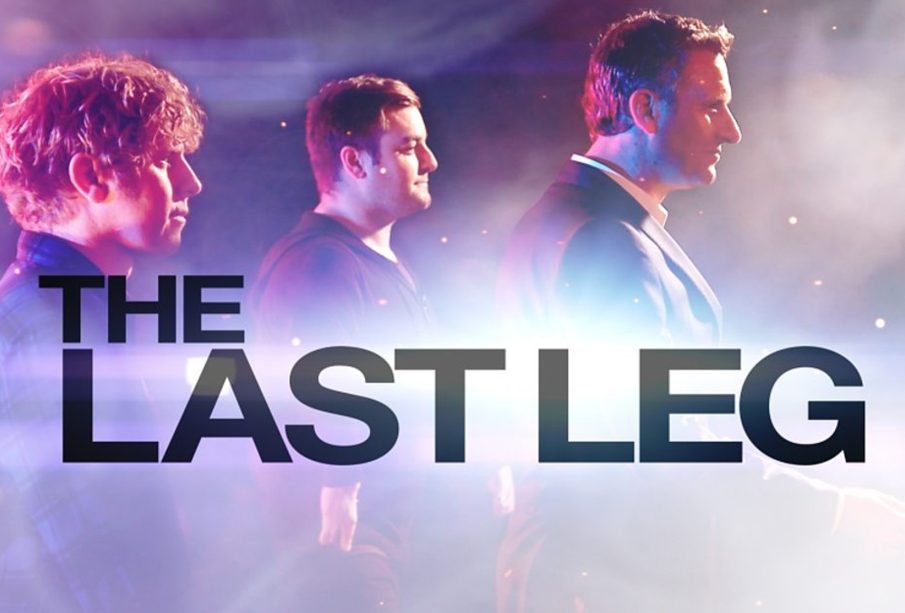Exploring the Impact of The Last Leg on British Television

Introduction
The Last Leg, a British television show that premiered in 2012, has become a significant cultural fixture in the UK. It provides a platform for political satire while also promoting inclusivity and humour in discussing sensitive issues surrounding disability and current events. The show’s unique format and approach have allowed it to resonate with a diverse audience, thus enhancing its relevance in contemporary media.
Origin and Development
Originally launched as a post-Paralympics show, The Last Leg was designed to provide a comedic take on the games held in London. Presented by Adam Hills, Alex Brooker, and Josh Widdicombe, the trio’s chemistry quickly gained recognition, pushing the show’s popularity beyond its initial scope. The show transitioned from a short-term series to a weekly Friday night staple, drawing in millions of viewers with its blend of jokes, interviews, and audience interaction.
Innovative Format
The Last Leg’s format significantly contributes to its success. It uniquely combines light-hearted commentary with serious discussions, allowing viewers to engage with important societal issues while being entertained. The show often incorporates guests from various backgrounds, including comedians, politicians, and activists, further enriching the dialogue around disability and current affairs. The segment “Is It Ok?” invites viewers to question societal norms, sparking an open conversation about potentially controversial matters.
Impact on Society
One of The Last Leg’s hallmark contributions is its role in destigmatizing disability. The hosts, particularly Adam Hills, who has a disability himself, bring visibility and representation to the conversation surrounding disabilities. This focus has led to broader awareness and understanding, empowering audiences to confront their biases and misconceptions. The show’s humour helps to break down barriers, making difficult topics more approachable.
Conclusion
As it continues to air new segments, The Last Leg’s relevance on British television is firmly established. It not only offers comedic relief but also serves as a critical commentary on societal perceptions and topics often overlooked in mainstream media. Looking ahead, its success signals a growing appetite for programming that balances entertainment with meaningful dialogue. The Last Leg stands as a beacon for inclusivity and remains a vital part of the media landscape.








